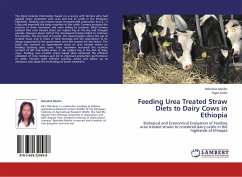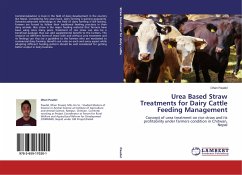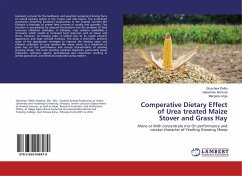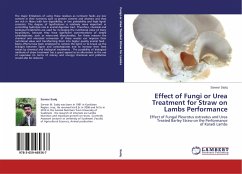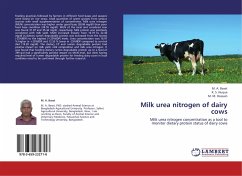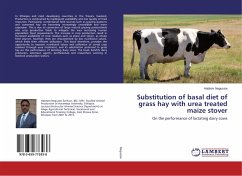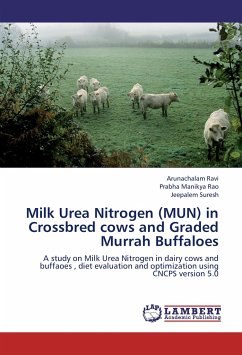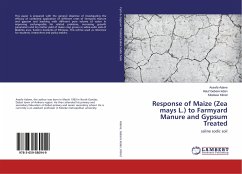The book includes information based on a survey with farmers who had applied straw treatment with urea and fed to cattle in the Ethiopian highlands. Feeding urea treated straw increased milk production by 0.5 2 L/day and improved the body condition of the cattle. Farmers accepted the practice of straw treatment and were willing to continue. Most farmers realized that urea treated straw can replace hay in the dry and drought periods. However about half of the interviewed farmers failed to continue the practice. The low level of income, the misconception about the use of treated straw only in times of feed shortage and the expectation to be always supported by the government were the reasons for the failure. The book also contains an experimental result of urea treated straws on feeding lactating dairy cows. Urea treatment increased the nutrient content of teff and barley straw. It can replace hay in the diet of dairy cows. Feeding urea treated straws based diets enhanced the efficient utilization of crop residues and led to improved production performance of cattle. Farmers need efficient training, advice and follow up to introduce and adapt the technology of straw treatment.
Hinweis: Dieser Artikel kann nur an eine deutsche Lieferadresse ausgeliefert werden.
Hinweis: Dieser Artikel kann nur an eine deutsche Lieferadresse ausgeliefert werden.

